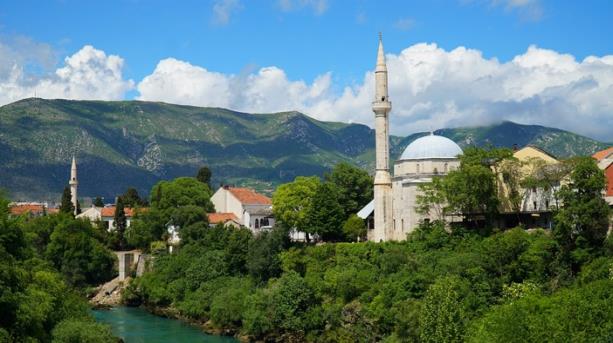
Since the emergence of the self-described Islamic State in 2014, a number of second-generation young men and women from the Balkans raised in the West joined jihadist organizations, and it appears that key radical religious leaders in the Balkans played a crucial role in the radicalization and recruitment process, but also in attempting to give a new orientation to Albanian nationalism, writes Ebi Spahiu in a report released by the Balkan Investigative Reporting Network (BIRN, July 7, 2020). Out of 1,100 foreign fighters from the Balkan region who joined the war in Syria and Iraq, between 2012 and 2016, 450 to 500 were ethnic Albanians, primarily from Albania, Kosovo and North Macedonia. Thousands of people from various origins volunteering for “jihad” have caused concern to the governments of a number of countries, including those in the Balkans, but little attention has been paid to the connections of the latter with their diasporas in Western Europe. It is true that communities with roots in the Balkans have been less prone than their Middle Eastern counterparts to embrace the jihadist cause. But they have not been immune from this influence, and this is also the case for the Albanian diaspora, which is the focus of Spahiu’s report.
What she observed is that radicalization took place in the adopted countries, but that the influence of preachers from the Balkans was significant. Compared to the Bosnian diaspora, radical Islam is a more recent phenomenon among people of Albanian origins. This changed partly through the promotion of Salafism and some concepts of jihadism by radical preachers who visited diaspora communities, sometimes creating divisions within them, and who also happen to be active on social media. Interestingly, those preachers seem to have attempted to play the Albanian nationalist card in their talks, but also to fuse it with Islam, by showing Islam as the best “guardian for Albania and Albanians” against foreign enemies. They attempt to transform the agenda of Albanian nationalism into a religious ideology. Still, a majority of the Albanian diaspora remains secular. But Spahiu believes that the lack of outreach from the governments of Albania, Kosovo and North Macedonia to their Muslim diaspora in providing cultural, religious and educational services leaves a vacuum which is often filled by local communities with their own resources, a space that can also be exploited by ideological religious groups.
(The full report can be downloaded here: https://balkaninsight.com/2020/07/07/the-rise-of-religious-radicalisation-among-diaspora-albanians/)
